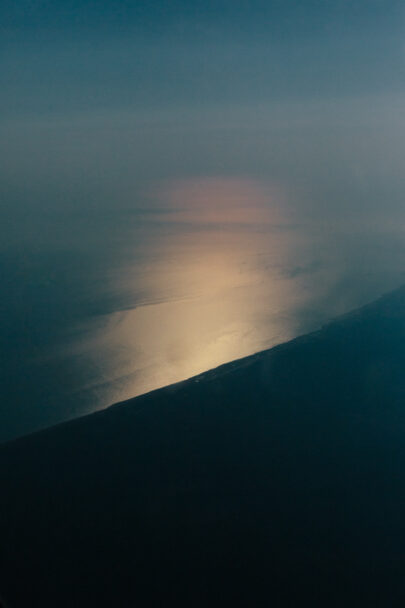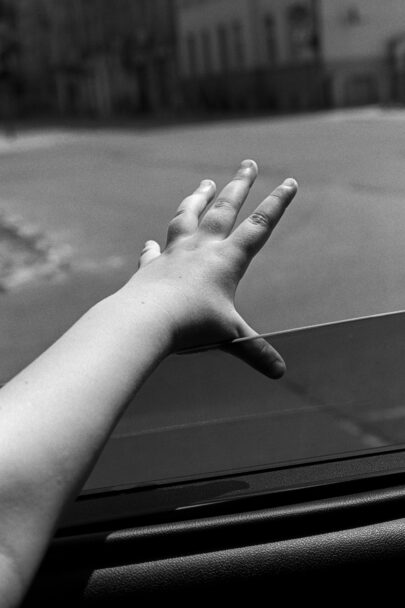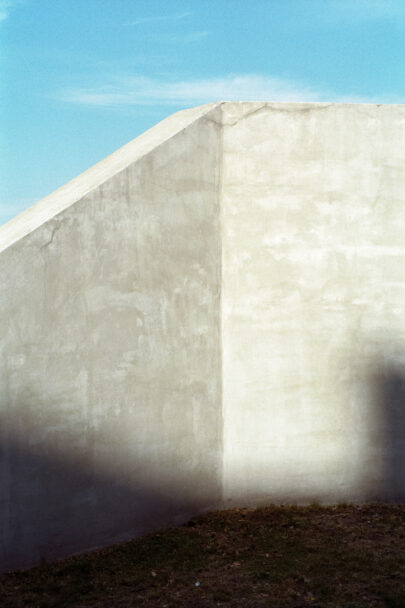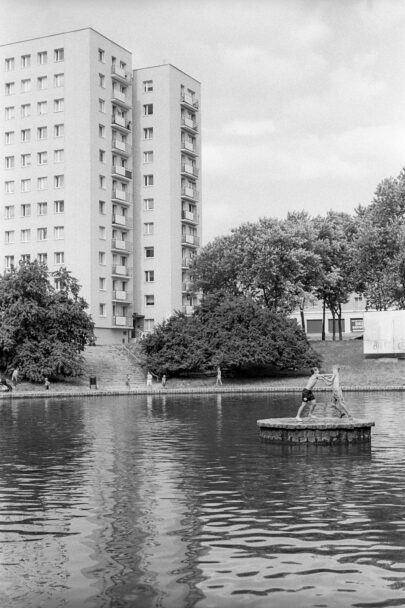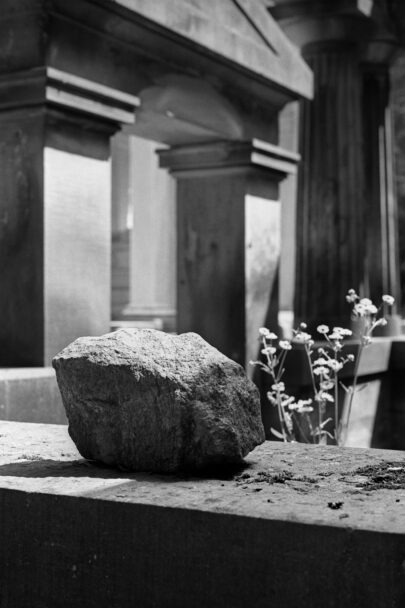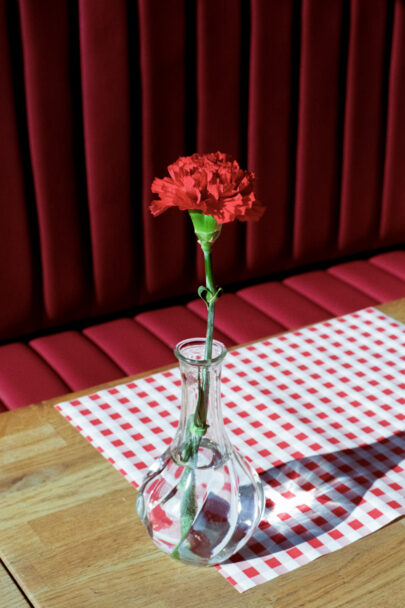October 2024
Iacopo Pasqui, Der Engel, published by Witty Books
Der Engel is a photographic work made during an artistic residency in Poland between 2018 and 2021. At the invitation of the Fotofestiwal to work on the city of Lodz, located in the centre of Poland, the author, drawing on his personal perceptions, feelings and passions in relation to his experience and contact with the city, decided to create a work inspired by Wim Wenders’ movie “Wings of Desire ”, thus imagining himself to be an angel who, contrary to the film, watched over and wandered around the eastern side of divided Berlin. The city of Lodz, in fact, retaining typical features of Soviet and pre-World War I architecture, reminded him of the eastern part of the German capital from his first stay in the city. Also, the presence in the city of one of the oldest and most prestigious film schools in Europe (Lodz Film School), favoured the conception of a work that would develop a contact between cinema and photography. The series consists of a part published in the book and a video that will be screened during the presentation. The project won the ‘Italian Council’ competition in 2023 and was exhibited during the Fotofestiwal in Lodz in 2021 and at the ‘Salut au Monde’ gallery in Porto.
“In Wim Wenders’ Wings of Desire, the angels, as they fly around each day, jot down in a notebook everything that catches their attention. I’m no angel, but sometimes I think about how I would like to be one. So, I could photograph everything without being seen, without having to ask for permission, but also, and above all else, so I could listen to people’s thoughts and, at last, truly know human nature. We can never fully know a person, a place, or a story, however, if I were an angel, then I could listen to every single person, I could get to know you – at long last – I could understand you all; understand everything. Perhaps though, it’s in the mystery of incomprehension, and of not knowing, where the magnitude of life resides. That incomprehension that renders both the world and humans unpredictable, illogical, and full of vital, and at times explosive, energy. Maybe we don’t need to know the true intention and nature of a beautiful gesture when something is just beautiful and that’s it. In fact, often it would be better not to seek out answers or explanations because this is what life is: sometimes authentic, sometimes fake; sated or miserable, overflowing or empty. Wenders’ angels knew this all too well, so well they decided to become human. They wanted to touch life with their own hands, to savour every tiny detail of what, before, was just the product of a sight that was real but sterile, like their own vision in black and white. The first time that I arrived in Łódź, it felt like I was in East Berlin, and, like the angels, in almost four years of brief but intense travels, I have collected the traces of what touched me. I was seeking photographs that were words; light, sparse, evanescent, evocative. Snapshots that illustrated not only my Polish present but also the present – and in a certain sense the past – of a place that made me feel like an angel, a place that made me feel at home. In the film, the poem “Song of Childhood”, by the writer Peter Handke, symbolises almost a form of commandment for the angels. For me, it is the foundation of this personal interpretation and research on Łódź, which, accompanying me throughout the whole work, has outlined – unconsciously – those fundamental points on which to articulate the entire work’s structure. This series is therefore a hymn to life, to that life that too often we tend to fill with needless concepts and wearyingly superfluous elements; millstones are what they are, millstones that we humans cannot bear. A life that, for its depth and brevity, should instead be like this: light, floating, lived with few but simple and profound words – like a photograph.” – Iacopo Pasqui
Books selection
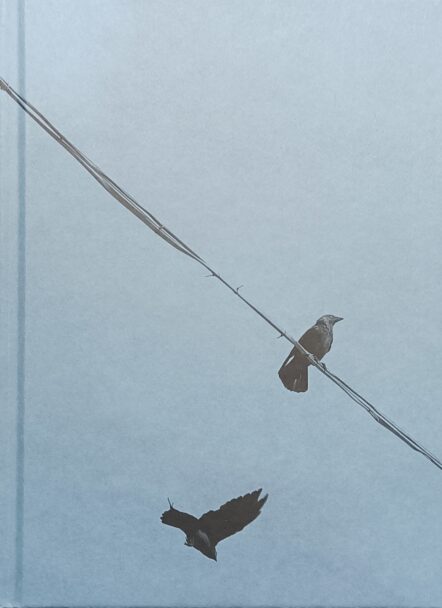
Iacopo Pasqui,
Der Engel,
2024Hours and Infos
Leporello, Via del Pigneto, 162/e – Roma
info@leporello-books.com
